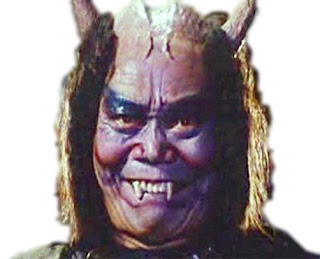A man well known and generally much respected in Cambridge knew how to manage horses; after all, he had a lot of them and he tended them carefully, hiring them out mostly to scholars. It wasn't a bad living in the seventeenth century CE.
He kept a precise record of when each horse had been taken out, and how far and how hard they had been ridden. He usually knew his clients, so he had a fair idea how his horse had been treated.
Scholars may have been masters of their own discipline, but often had little concern for the welfare of the Hackneys* they rode.
With that in mind, he rotated his stock so that no one animal was overworked.
Some of his prospective clients demanded to choose which horse they were hiring.
"Here is your choice," he told every customer, "you have the one in the stall closest to the stable door. Or you will have none."
His name was Tobias Hobson. I like his style, even though I wasn't keen on my Hobson's choice.
Digging into Gutenberg.org, I found that Hobson had made it into the famous journal of the day, the Spectator. Issue No. 509, 1712 explains how Hobson conducted his business, which shows clearly the origin of the saying:
'Mr. Tobias Hobson, from whom we have the Expression, was a very honourable Man, for I shall ever call the Man so who gets an Estate honestly. Mr. Tobias Hobson was a Carrier, and being a Man of great Abilities and Invention, and one that saw where there might good Profit arise, though the duller Men overlooked it; this ingenious Man was the first in this Island who let out Hackney-Horses. He lived in Cambridge, and observing that the Scholars rid hard, his manner was to keep a large Stable of Horses..., but when a Man came for a Horse, he was led into the Stable, where there was great Choice, but he obliged him to take the Horse which stood next to the Stable-Door; so that every Customer was alike well served according to his Chance, and every Horse ridden with the same Justice: From whence it became a Proverb, when what ought to be your Election was forced upon you, to say, Hobson's Choice.
It seems Ford said "History is bunk" as well, along with other comments about history as a discipline. When I saw it first as a History Honours student, I was much offended, and thought him an utter philistine. It was only later in life that I realised my understanding of what he was talking about might be quite up the spout.
It depends completely upon what he meant by "history". As an historian all my life, if we take one meaning of the word, I'm inclined to agree with him. But that's another story.
It's history. And he might still be a philistine.
Afterword (29 January 2013):
There's a strange galaxy of near-coincidences in this universe. Take that of the venerable Marxist historian, Eric Hobsbawm, who died in October 2012, and Henry Ford. As an undergrad studying the course Britain in the Nineteenth Century, I really did plough through relevant portions of Hobsbawm's most famous trilogy covering industry and empire from 1750 onwards. I can't help thinking of Henry Ford as representing the Industry and Empire part of it.
And the near-coincidence? "Hobsbawm" is kind of close to "Hobson" isn't it? Hobsbawm was a scholar at Cambridge for years, though I can't see him in a drunken state flogging a Hobson Hackney round the town.
___
*Hackneys are a superb breed of British horse – hard-working and tough, adapted to pulling cabs in major cities.











.jpg)

















